By Marie LeJeune & Tracy Smiles, Western Oregon University
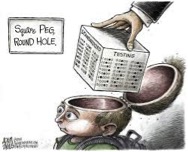 Assessment literacy- (Gallagher & Turley): [teachers’] deep understanding of why they assess, when they assess, and how they assess in ways that positively impact student learning. In addition, successful teacher assessors view assessment through an inquiry lens, using varying assessments to learn from and with their students in order to adjust classroom practices accordingly. Together these two qualities—a deep knowledge of assessment and an inquiry approach to assessment — create a particular stance toward assessment. (NCTE, 2013).
Assessment literacy- (Gallagher & Turley): [teachers’] deep understanding of why they assess, when they assess, and how they assess in ways that positively impact student learning. In addition, successful teacher assessors view assessment through an inquiry lens, using varying assessments to learn from and with their students in order to adjust classroom practices accordingly. Together these two qualities—a deep knowledge of assessment and an inquiry approach to assessment — create a particular stance toward assessment. (NCTE, 2013).
For the month of March we have presented reasons for pushing back against high stakes testing, and offered examples of how citizens comprised of teachers, parents, and community organizers are, through grassroots movements, resisting these punitive, and often harmful assessment practices. Continue reading →
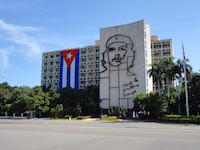 As teachers, one of the tasks delegated to us is selecting texts for students to read. But, in choosing a text, we need to ask ourselves what it is we want the text to do for us. And, how will students be supported when they identify conflicting discourses—particularly those that conflict with the teacher’s original intentions? Continue reading
As teachers, one of the tasks delegated to us is selecting texts for students to read. But, in choosing a text, we need to ask ourselves what it is we want the text to do for us. And, how will students be supported when they identify conflicting discourses—particularly those that conflict with the teacher’s original intentions? Continue reading 

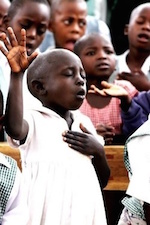
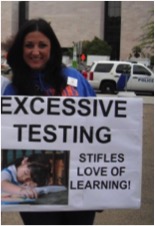

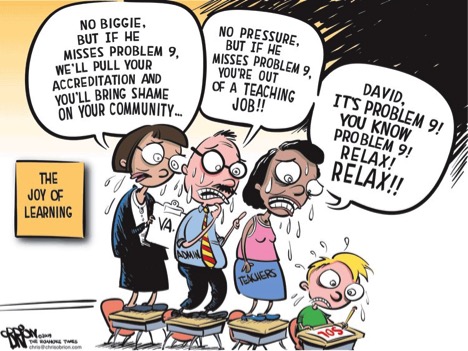
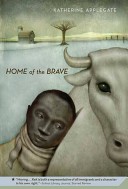 Our writing for this week will take us to explore Home of the Brave, by Katherine Applegate (2008). This is the third book in the text set I created focusing on Global Explorations in verse for my children’s literature graduate course. In this story, we meet Kek, an 11-year-old refugee boy from Sudan, who is relocated to Minnesota escaping the civil war in his country, after witnessing the death of his father and brother. Unaware of her mother’s whereabouts, Kek joins his aunt and cousin in the U.S., and begins a memorable journey into learning to live in a different culture and in a different language. In this unforgettable story of hopefulness and resilience, Applegate makes use of spare free verse to tell Kek’s immigration story.
Our writing for this week will take us to explore Home of the Brave, by Katherine Applegate (2008). This is the third book in the text set I created focusing on Global Explorations in verse for my children’s literature graduate course. In this story, we meet Kek, an 11-year-old refugee boy from Sudan, who is relocated to Minnesota escaping the civil war in his country, after witnessing the death of his father and brother. Unaware of her mother’s whereabouts, Kek joins his aunt and cousin in the U.S., and begins a memorable journey into learning to live in a different culture and in a different language. In this unforgettable story of hopefulness and resilience, Applegate makes use of spare free verse to tell Kek’s immigration story. 
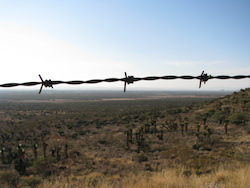
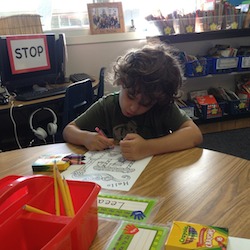
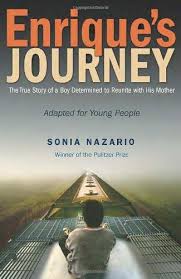 There is an abundance of young adult (YA) literature that lends itself to exploring issues of social justice. Introducing young adults to nonfiction books about societal and global dilemmas can be a very exciting way to engage youth in problem-based learning through literature. One issue that has local, national, and global implications deals with huge influx of unaccompanied and undocumented children from Central America.
There is an abundance of young adult (YA) literature that lends itself to exploring issues of social justice. Introducing young adults to nonfiction books about societal and global dilemmas can be a very exciting way to engage youth in problem-based learning through literature. One issue that has local, national, and global implications deals with huge influx of unaccompanied and undocumented children from Central America.